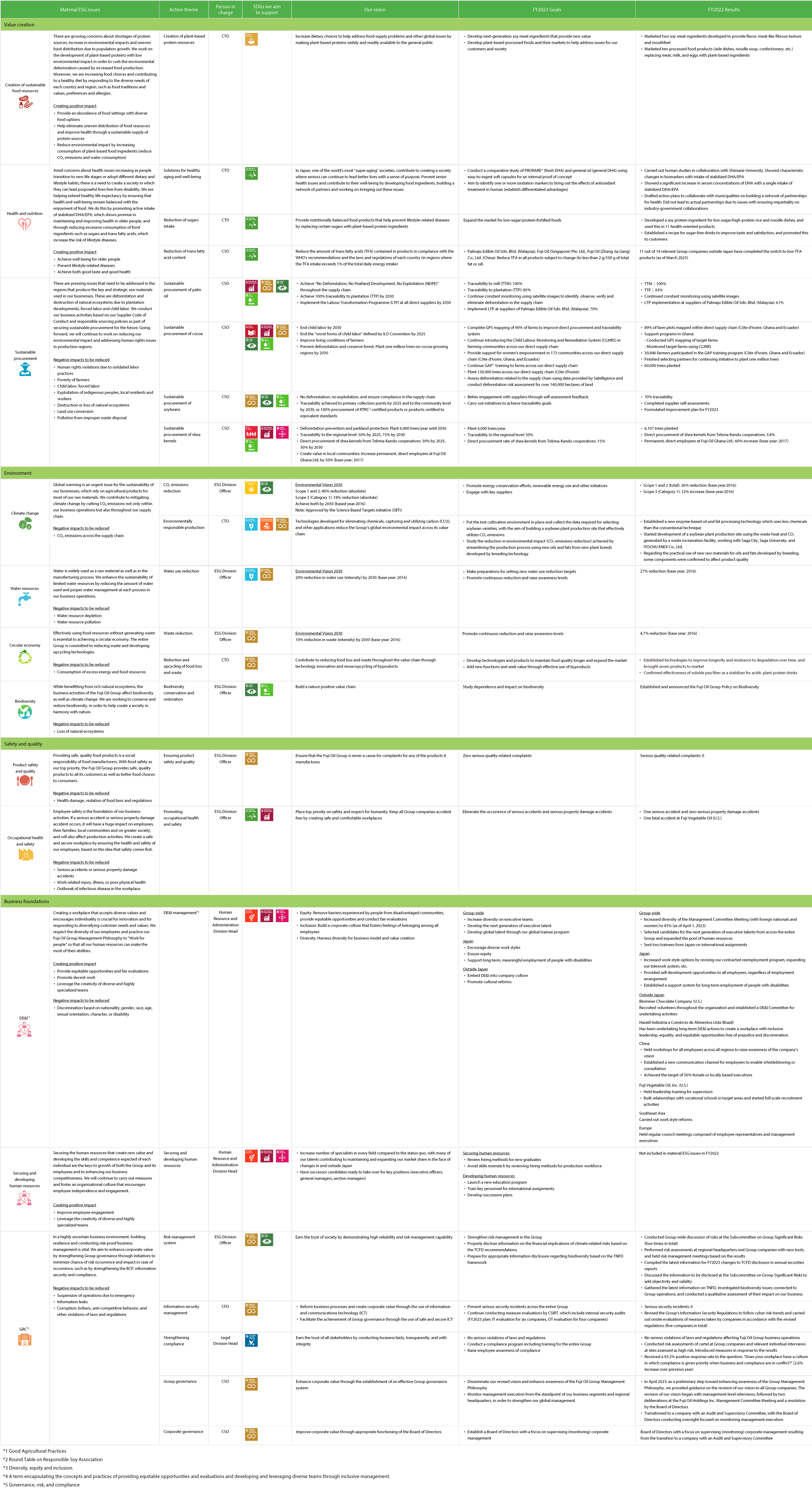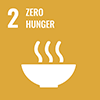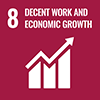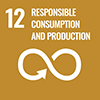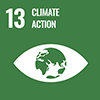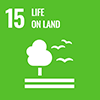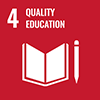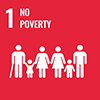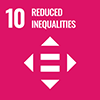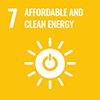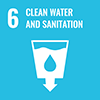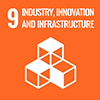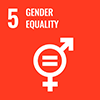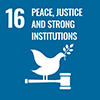Social Impact and Material ESG Issues
Fuji Oil in society
Fuji Oil Group's value chain
The Fuji Oil Group is a food ingredient manufacturer that has four business segments: Vegetable Oils and Fats Business, Industrial Chocolate Business, Emulsified and Fermented Ingredients Business, and Soy-Based Ingredients Business. We develop, manufacture, and sell various food ingredients, including oils and fats for chocolate, industrial chocolate, whipping cream, margarine, and soy protein ingredients, mainly made from agricultural products, such as palm oil, cocoa and soybeans. Our customers range widely from food manufacturers to restaurants, convenience stores and retail stores.
Our material ESG issues
Basic approach
The Fuji Oil Group is working to create social value, with the goal of creating our own sustainable growth and the sustainable development of greater society. Amid a variety of global issues, we identified the issues that take priority for the Group as material ESG issues, and strive to “create positive impact” or “reduce negative impact” on those through our business activities.
Material ESG issues for FY2023
Our material ESG issues for FY2023 are listed below. Please refer to the relevant webpages for details on our basic approach, goals and the status of initiatives concerning each issue.
Value creation
Creation of sustainable food resources
There are growing concerns about shortages of protein sources, increase in environmental impacts and uneven food distribution due to population growth. We work on the development of plant-based proteins with low environmental impact in order to curb the environmental deterioration caused by increased food production. Moreover, we are increasing food choices and contributing to a healthy diet by responding to the diverse needs of each country and region, such as food traditions and values, preferences and allergies.
Creating positive impact
- Provide an abundance of food settings with diverse food options
- Help eliminate uneven distribution of food resources and improve health through a sustainable supply of protein sources
- Reduce environmental impact by increasing consumption of plant-based food ingredients (reduce CO2 emissions and water consumption)
| Action theme/Person in charge/SDGs we aim to support | Our vision | FY2023 Goals | FY2022 Results |
|---|---|---|---|
|
Increase dietary choices to help address food supply problems and other global issues by making plant-based proteins widely and readily available to the general public
|
|
|
Health and nutrition
Amid concerns about health issues increasing as people transition to new life stages or adopt different dietary and lifestyle habits, there is a need to create a society in which they can lead purposeful lives free from disability. We are helping extend healthy life expectancy by ensuring that health and well-being remain balanced with the enjoyment of food. We do this by promoting active intake of stabilized DHA/EPA, which shows promise in maintaining and improving health in older people, and through reducing excessive consumption of food ingredients such as sugars and trans fatty acids, which increase the risk of lifestyle diseases.
Creating positive impact
- Achieve well-being for older people
- Prevent lifestyle-related diseases
- Achieve both good taste and good health
| Action theme/Person in charge/SDGs we aim to support | Our vision | FY2023 Goals | FY2022 Results |
|---|---|---|---|
|
In Japan, one of the world's most “super-aging” societies, contribute to creating a society where seniors can continue to lead better lives with a sense of purpose. Prevent senior health issues and contribute to their well-being by developing food ingredients, building a network of partners and working on bringing out these issues
|
|
|
|
|
Provide nutritionally balanced food products that help prevent lifestyle-related diseases by replacing certain sugars with plant-based protein ingredients
|
Expand the market for low-sugar/protein-fortified foods
|
|
|
|
Reduce the amount of trans fatty acids (TFA) contained in products in compliance with the WHO's recommendations and the laws and regulations of each country (in regions where the TFA intake exceeds 1% of the total daily energy intake)
|
Palmaju Edible Oil Sdn. Bhd. (Malaysia), Fuji Oil (Singapore) Pte. Ltd., Fuji Oil (Zhang Jia Gang) Co., Ltd. (China): Reduce TFA in all products subject to change (to less than 2 g/100 g of total fat or oil)
|
11 out of 14 relevant Group companies outside Japan have completed the switch to low-TFA products (as of March 2023)
|
Sustainable procurement
There are pressing issues that need to be addressed in the regions that produce the key and strategic raw materials used in our businesses. These are deforestation and destruction of natural ecosystems due to plantation developments, forced labor and child labor. We conduct our business activities based on our Supplier Code of Conduct and responsible sourcing policies as part of securing sustainable procurement for the future. Going forward, we will continue to work on reducing our environmental impact and addressing human rights issues in production regions.
Negative impacts to be reduced
- Human rights violations due to outdated labor practices
- Poverty of farmers
- Child labor, forced labor
- Exploitation of indigenous peoples, local residents and workers
- Destruction or loss of natural ecosystems
- Land use conversion
- Pollution from improper waste disposal
| Action theme/Person in charge/SDGs we aim to support | Our vision | FY2023 Goals | FY2022 Results |
|---|---|---|---|
|
|
|
|
|
|
|
|
|
|
|
|
|
|
|
- *1 Good Agricultural Practices
- *2 Round Table on Responsible Soy Association
Environment
Climate change
Global warming is an urgent issue for the sustainability of our businesses, which rely on agricultural products for most of our raw materials. We contribute to mitigating climate change by cutting CO2 emissions not only within our business operations but also throughout our supply chain.
Negative impacts to be reduced
- CO2 emissions across the supply chain
| Action theme/Person in charge/SDGs we aim to support | Our vision | FY2023 Goals | FY2022 Results |
|---|---|---|---|
|
CO2 emissions reduction |
Environmental Vision 2030
Scope 1 and 2: 40% reduction (absolute) Scope 3 (Category 1): 18% reduction (absolute) Achieve both by 2030 (based year:2016) Note: Approved by the Science Based Targets initiative (SBTi) |
|
|
|
Technologies developed for eliminating chemicals, capturing and utilizing carbon (CCU), and other applications reduce the Group's global environmental impact across its value chain
|
|
|
Water resources
Water is widely used as a raw material as well as in the manufacturing process. We enhance the sustainability of limited water resources by reducing the amount of water used and proper water management at each process in our business operations.
Negative impacts to be reduced
- Water resource depletion
- Water resource pollution
| Action theme/Person in charge/SDGs we aim to support | Our vision | FY2023 Goals | FY2022 Results |
|---|---|---|---|
|
Water use reduction |
Environmental Vision 2030
20% reduction in water use (intensity) by 2030 (base year: 2016) |
|
27% reduction (base year: 2016)
|
Circular economy
Effectively using food resources without generating waste is essential to achieving a circular economy. The entire Group is committed to reducing waste and developing upcycling technologies.
Negative impacts to be reduced
- Consumption of excess energy and food resources
| Action theme/Person in charge/SDGs we aim to support | Our vision | FY2023 Goals | FY2022 Results |
|---|---|---|---|
|
Waste reduction |
Environmental Vision 2030
10% reduction in waste (intensity) by 2030 (base year: 2016) |
Promote continuous reduction and raise awareness levels
|
4.7% reduction (base year: 2016)
|
|
Contribute to reducing food loss and waste throughout the value chain through technology innovation and reuse/upcycling of byproducts
|
|
|
Biodiversity
While benefitting from rich natural ecosystems, the business activities of the Fuji Oil Group affect biodiversity as well as climate change. We are working to conserve and restore biodiversity, in order to help create a society in harmony with nature.
Negative impacts to be reduced
- Loss of natural ecosystems
| Action theme/Person in charge/SDGs we aim to support | Our vision | FY2023 Goals | FY2022 Results |
|---|---|---|---|
|
Biodiversity conservation and restoration |
Build a nature positive value chain
|
Study dependence and impact on biodiversity
|
Established and announced the Fuji Oil Group Policy on Biodiversity
|
Safety and quality
Product safety and quality
Providing safe, quality food products is a social responsibility of food manufacturers. With food safety as our top priority, the Fuji Oil Group provides safe, quality products to all its customers as well as better food choices to consumers.
Negative impacts to be reduced
- Health damage, violation of food laws and regulations
| Action theme/Person in charge/SDGs we aim to support | Our vision | FY2023 Goals | FY2022 Results |
|---|---|---|---|
|
Ensuring product safety and quality |
Ensure that the Fuji Oil Group is never a cause for complaints for any of the products it manufactures
|
Zero serious quality-related complaints
|
Serious quality-related complaints: 0
|
Occupational health and safety
Employee safety is the foundation of our business activities. If a serious accident or serious property damage accident occurs, it will have a huge impact on employees, their families, local communities and on greater society, and will also affect production activities. We create a safe and secure workplace by ensuring the health and safety of our employees, based on the idea that safety comes first.
Negative impacts to be reduced
- Serious accidents or serious property damage accidents
- Work-related injury, illness, or poor physical health
- Outbreak of infectious disease in the workplace
| Action theme/Person in charge/SDGs we aim to support | Our vision | FY2023 Goals | FY2022 Results |
|---|---|---|---|
|
Promoting occupational health and safety |
Place top priority on safety and respect for humanity. Keep all Group companies accident free by creating safe and comfortable workplaces
|
Eliminate the occurrence of serious accidents and serious property damage accidents
|
|
Business foundations
DE&I*1
Creating a workplace that accepts diverse values and encourages individuality is crucial for innovation and for responding to diversifying customer needs and values. We respect the diversity of our employees and practice our Fuji Oil Group Management Philosophy to "Work for people" so that all our human resources can make the most of their abilities.
Creating positive impact
- Provide equitable opportunities and fair evaluations
- Promote decent work
- Leverage the creativity of diverse and highly specialized teams
Negative impacts to be reduced
- Discrimination based on nationality, gender, race, age, sexual orientation, character, or disability
| Action theme/Person in charge/SDGs we aim to support | Our vision | FY2023 Goals | FY2022 Results |
|---|---|---|---|
|
DE&I management*2 |
|
Group-wide
Japan
Outside Japan
|
Group-wide
Japan
Outside Japan Harald Indústria e Comércio de Alimentos Ltda (Brazil) China
Fuji Vegetable Oil, Inc. (U.S.)
Southeast Asia Europe |
- *1 Diversity, equity and inclusion.
- *2 A term encapsulating the concepts and practices of providing equitable opportunities and evaluations and developing and leveraging diverse teams through inclusive management.
Securing and developing human resources
Securing the human resources that create new value and developing the skills and competence expected of each individual are the keys to growth of both the Group and its employees and to enhancing our business competitiveness. We will continue to carry out measures and foster an organizational culture that encourages employee independence and engagement.
Creating positive impact
- Improve employee engagement
- Leverage the creativity of diverse and highly specialized teams
| Action theme/Person in charge/SDGs we aim to support | Our vision | FY2023 Goals | FY2022 Results |
|---|---|---|---|
|
Securing and developing human resources |
|
Securing human resources
Developing human resources
|
Not included in material ESG issues in FY2022
|
GRC*
In a highly uncertain business environment, building resilience and conducting risk-proof business management is vital. We aim to enhance corporate value by strengthening Group governance through initiatives to minimize chance of risk occurrence and impact in case of occurrence, such as by strengthening the BCP, information security and compliance.
Negative impacts to be reduced
- Suspension of operations due to emergency
- Information leaks
- Corruption, bribery, anti-competitive behavior, and other violations of laws and regulations
| Action theme/Person in charge/SDGs we aim to support | Our vision | FY2023 Goals | FY2022 Results |
|---|---|---|---|
|
Risk management system |
Earn the trust of society by demonstrating high reliability and risk management capability
|
|
|
|
|
|
|
|
Strengthening compliance |
Earn the trust of all stakeholders by conducting business fairly, transparently, and with integrity
|
|
|
|
Enhance corporate value through the establishment of an effective Group governance system
|
|
|
|
|
Improve corporate value through appropriate functioning of the Board of Directors
|
Establish a Board of Directors with a focus on supervising (monitoring) corporate management
|
Board of Directors with a focus on supervising (monitoring) corporate management resulting from the transition to a company with an Audit and Supervisory Committee
|
- * Governance, risk, and compliance
Process of selecting material ESG issues for FY2023
Each year, the Fuji Oil Group selects material ESG issues for the following fiscal year based on its assessment of new global issues and input received from internal and external stakeholders, and formulates action themes for each material issue as well as manages progress. In FY2022, we assessed the materiality of the 15 material ESG issues identified out of a list of global issues on two axes: (1) Fuji Oil Group's impact on society or the environment and (2) social or environmental issue's impact on the Fuji Oil Group. The draft ESG materiality map for FY2023 was created following discussions involving Group chief officers in charge of specific material ESG issues, the presidents of regional headquarters, relevant departments, and internal and external experts, and was reviewed and passed by the Sustainability Committee. This was then recommended to and approved by the Fuji Oil Holdings Inc. Board of Directors.
Taking into account the GRI Standards*1 and ESRS,*2 the material ESG issues for FY2023 were updated from the FY2022 version as follows.
- Changed the axes of the ESG materiality map to a range of levels from medium to highest
- Carried out a comprehensive evaluation of “Fuji Oil Group's impact on society or the environment” in the ESG materiality map based on the scale, scope, severity, and likelihood of occurrence of positive/negative impacts
- Identified global issues with highest impact on either of the two axes of the ESG materiality map as material ESG issues
- Added “securing and developing human resources” as a new material ESG issue
- Divided material ESG issues into four categories: value creation, safety and quality, environment, and business foundations
- *1 Global Reporting Initiative
- *2 European Sustainability Reporting Standards
Identification and selection process
FY2023 ESG materiality map

- *1 Diversity, equity and inclusion
- *2 Governance, risk, and compliance. “GRC” includes corporate governance and internal control. The Sustainability Committee is in charge of monitoring internal control. The Board of Directors is in charge of monitoring corporate governance.
